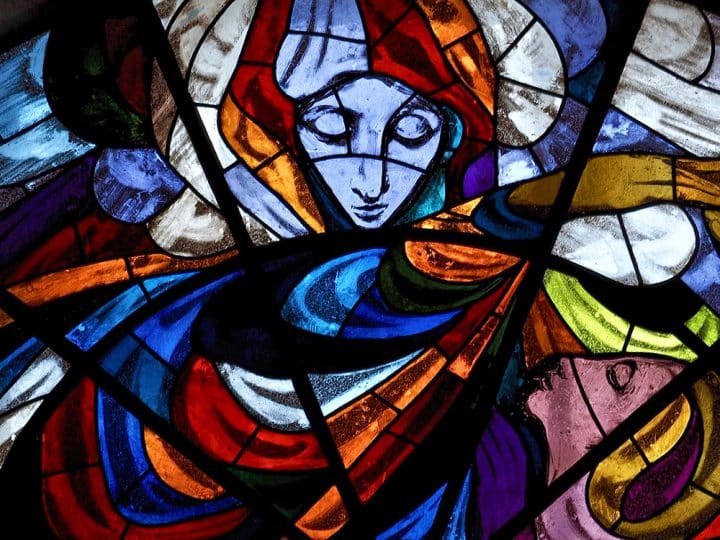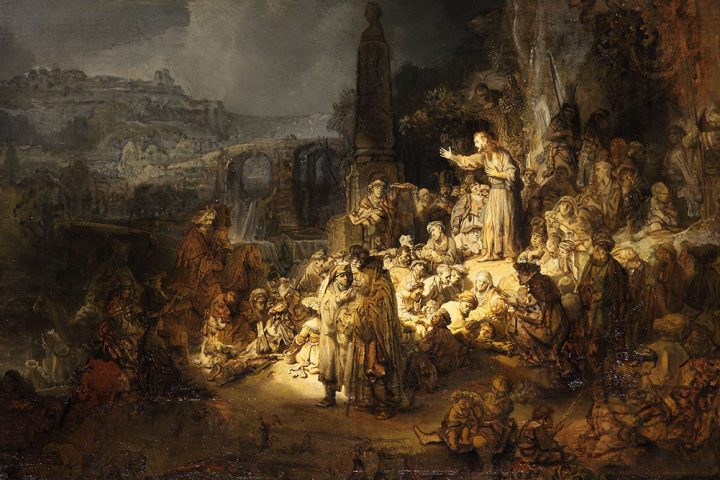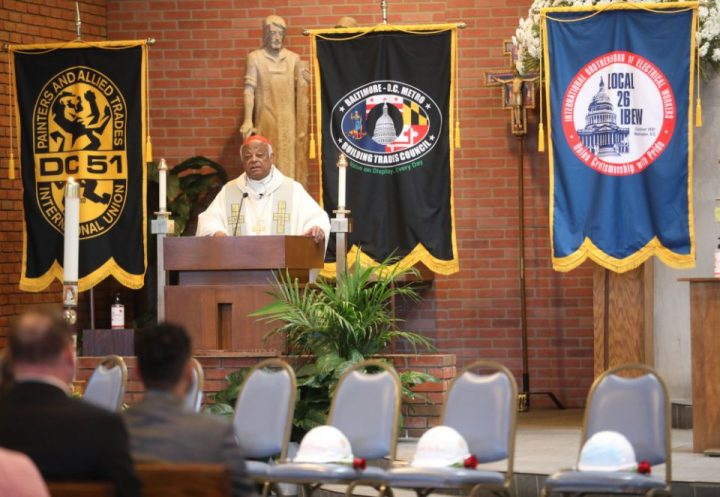« Jesus was speaking about the temple of his body » (John 2:20).
Ez 47:1-2, 8-9, 12; 1 Cor 3:9c-11, 16-17; John 2:13-22
« Jesus was speaking about the temple of his body » (John 2:20).
Yesterday’s elections reminded us of the importance of our public buildings as visible symbols of our democracy. Likewise, the January 6, 2021, ransacking of the Capitol by supporters of then President Trump also warned us just how fragile these symbols are in American history. A stable government exists only in the collective imagination that affirms the Constitutional authority we depend on to guide the nation.
For now, the campaign rallies and television commercials fade, but the will of the electorate endures within the structures that house the three branches of government — the White House, Congress, and the Supreme Court. And across the country, state capitols, city halls, courthouses and government offices also represent the rule of law, public order and the common good.
Today’s commemoration of the Dedication of the Lateran Basilica functions in a similar way to remind us that our faith is not just an idea but something grounded in history, a tradition extending in time from one generation to the next in the structures and activities of institutions that give continuity and stability to the practice of what we believe, from the Vatican to each diocese and to every parish and mission on the globe.
And just as massive stone buildings only house our political process and ideals, so churches, from the most magnificent to the humblest, are only as effective as the spiritual energy and pastoral activity that flow from them into society. The church is first and foremost the mystery of the body of Christ alive in the baptized. God is in the world because Jesus is incarnate in us. We are, each of us and all of us together, little churches, houses of faith and ministry that form a living web of support for the human journey we share in this world.
Thank God for the cornerstones of faith, but even more, for the living stones of our faith-driven purpose to make the world more just, inclusive and effective. For in our grounding in grace, we build up the body of Christ and advance history a step closer to our shared destiny to be the Beloved Community God has called us to be.




